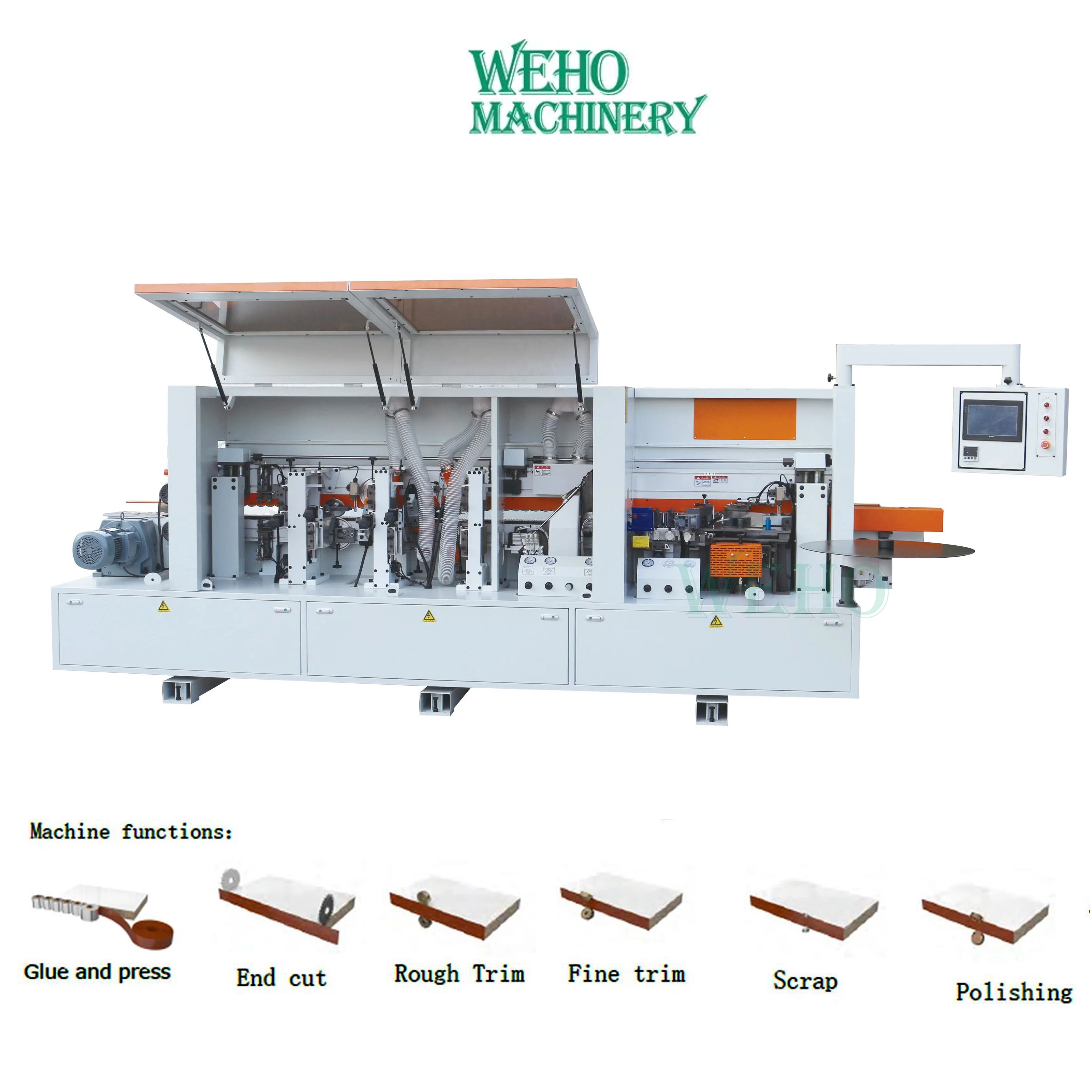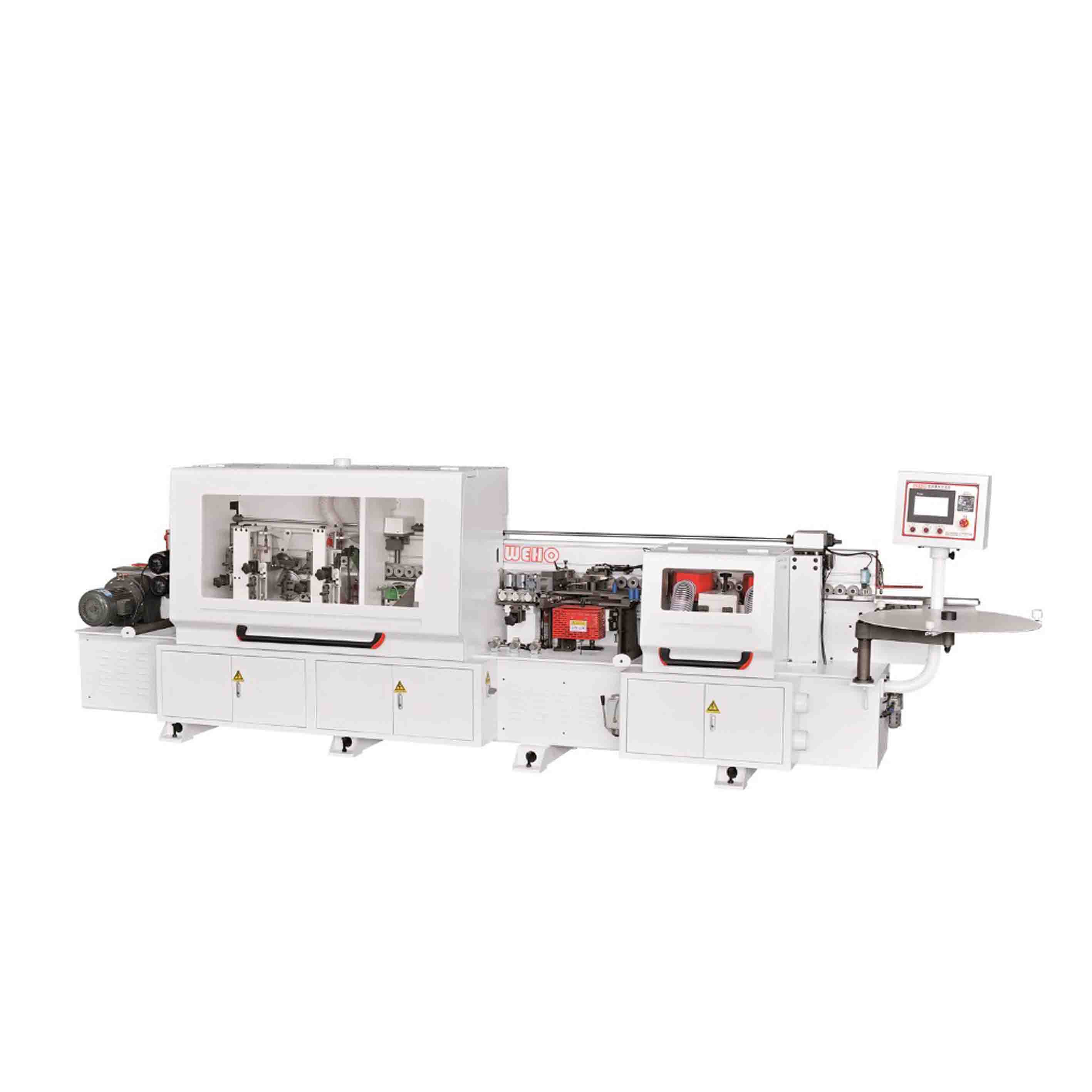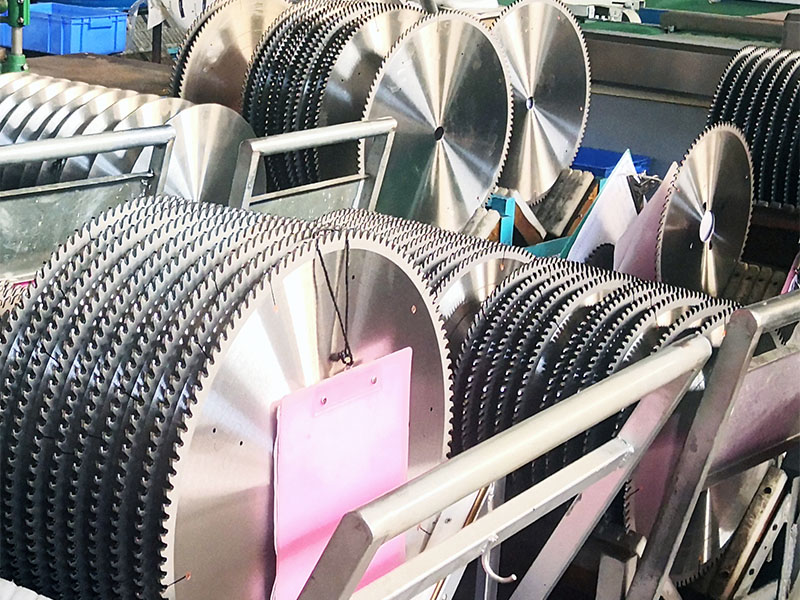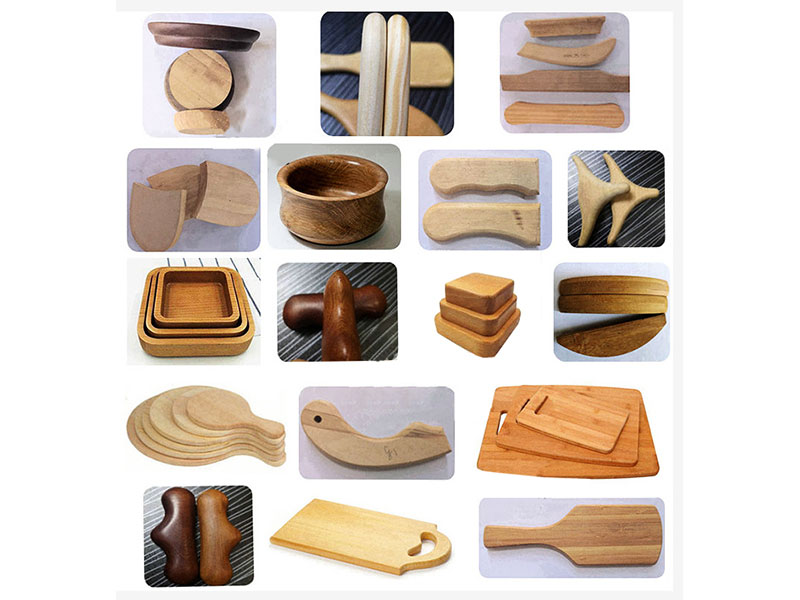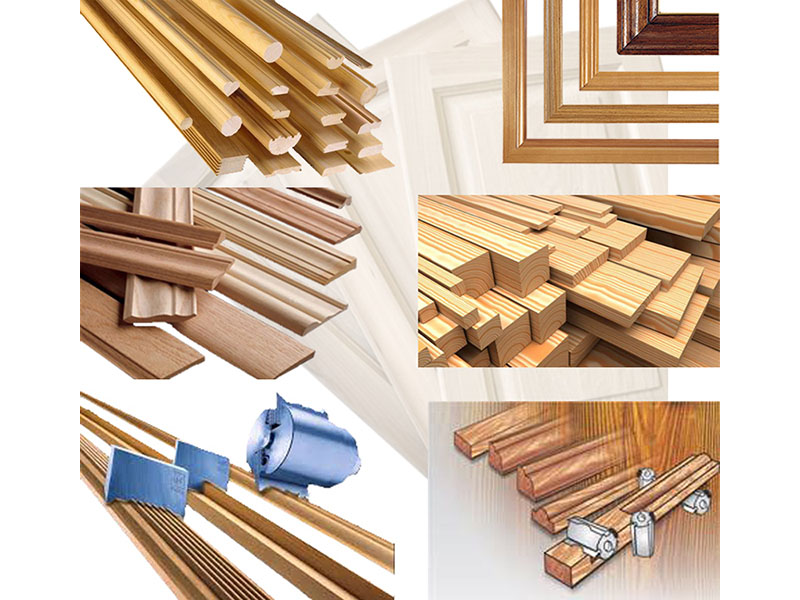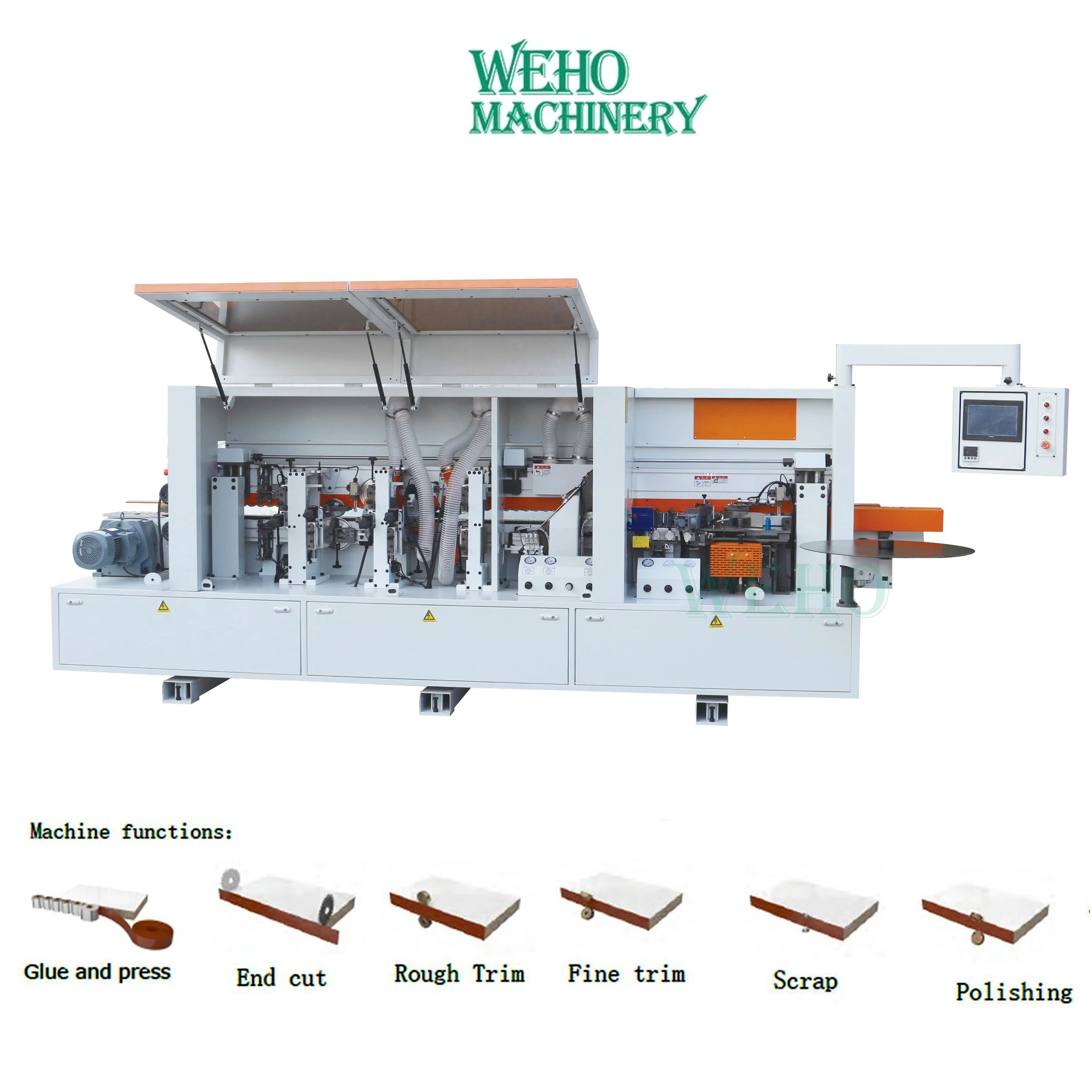
Edge Banding Machines: Enhance Your Production Quality and Speed
Edge banding machines are essential tools in the woodworking and furniture manufacturing industries. They significantly improve the quality, efficiency, and aesthetics of wood products by applying a protective layer to the edges of panels. This article explores the various types of edge banding machines, their benefits, key features, and considerations for choosing the right machine for your production needs.
Understanding Edge Banding Machines
Edge banding machines are designed to apply a thin strip of material—often made of PVC, ABS, wood veneer, or melamine—to the exposed edges of wood panels. This process enhances durability and aesthetics while protecting against moisture and wear. The machines come in various forms, including manual, semi-automatic, and fully automatic systems, each suited for different production scales and requirements.
Types of Edge Banding Machines
Manual Edge Banding Machines: These require significant operator involvement and are ideal for small workshops or DIY projects. They are generally more affordable but less efficient than automated options.
Semi-Automatic Edge Banding Machines: Offering a balance between manual and automatic operations, these machines are suitable for small to medium-sized businesses that need higher efficiency than manual machines can provide.
Automatic Edge Banding Machines: Designed for high-volume production environments, these machines require minimal operator intervention and feature automated feeding, gluing, trimming, and buffing processes.
Portable Edge Banding Machines: These versatile machines can be used on-site for repairs or touch-ups, making them ideal for smaller projects where mobility is essential.
Key Features of Edge Banding Machines
When selecting an edge banding machine, several features can significantly impact productivity and product quality:
- Glue Application System: A reliable glue application system ensures a strong bond between the edge band and the panel. Common systems include hot melt glue systems and pre-glued edge bands.
- Trimming and Buffing Units: Most modern machines include trimming and buffing units that remove excess material and polish the edges for a professional finish.
- Control Systems: Advanced control systems automate many functions of the machine, enhancing precision and reducing operator error. Look for intuitive interfaces with programmable settings for different materials.
- Feed Speed: The feed speed determines how quickly panels can be processed. Higher speeds benefit large-scale production but must maintain quality standards.
- Versatility: Consider machines that can handle various edge band materials to maximize flexibility in production.
Benefits of Using Edge Banding Machines
Investing in edge banding machines offers numerous advantages that can enhance both production quality and efficiency:
Improved Durability
Edge banding provides a protective layer that prevents moisture from penetrating the core material. This enhancement significantly increases the durability of finished products, making them more resistant to environmental factors.
Enhanced Aesthetics
A well-applied edge band gives furniture and panels a polished appearance. This improvement not only enhances visual appeal but also contributes to customer satisfaction by delivering high-quality products.
Increased Efficiency
Automated edge banding machines dramatically reduce processing time compared to manual methods. This increase in efficiency allows manufacturers to produce more items in less time without sacrificing quality.
Cost Savings
By improving production efficiency and reducing waste through precise application of materials, edge banding machines lead to significant cost savings over time. This reduction in waste translates into lower material costs and enhanced profitability.
Automation and Production Speed
One of the standout features of modern edge banding machines is their automation capabilities. Automated systems improve production speed by:
- Reducing setup times between different production batches
- Minimizing human error through consistent application processes
- Enhancing throughput with automated feeding, gluing, trimming, and buffing operations
These efficiencies not only streamline manufacturing processes but also enable businesses to respond swiftly to market demands, reducing lead times and enhancing customer satisfaction.
Consistent Quality Assurance
The precision offered by edge banding machines ensures uniformity across all products. Automated systems maintain consistent application parameters such as temperature, pressure, and adhesive distribution. This level of control minimizes variations in quality that can arise from manual processes.
Versatility in Material Handling
Edge banding machines are capable of handling a wide range of materials:
- PVC
- ABS
- Wood veneer
- Melamine
This versatility allows manufacturers to adapt to varying project requirements without needing multiple machines for different materials.
Considerations When Choosing an Edge Banding Machine
Selecting the right edge banding machine involves evaluating several factors:
Production Volume
Assess your production volume needs. High-volume environments benefit from fully automated systems that can handle large batches efficiently. In contrast, smaller workshops may find semi-automatic or manual machines more suitable.
Budget Constraints
Consider your budget when choosing a machine. While automatic models offer greater efficiency, they come with higher initial costs. Weigh these costs against expected benefits to determine the best value for your investment.
Space Requirements
Ensure you have adequate space in your workshop for the selected machine. Fully automated systems often require more floor space than manual or semi-automatic options.
Technical Support and Maintenance
Opt for machines from reputable manufacturers that offer reliable technical support and maintenance services. This support minimizes downtime and ensures efficient operation throughout the machine's lifespan.
Conclusion
Edge banding machines are vital tools for enhancing production quality and speed in woodworking and furniture manufacturing. By understanding the types available, their key features, benefits, and considerations when selecting a machine, manufacturers can make informed decisions that significantly impact their operational efficiency and product quality. Investing in high-quality edge banding technology not only improves craftsmanship but also positions businesses competitively in an evolving market landscape.


